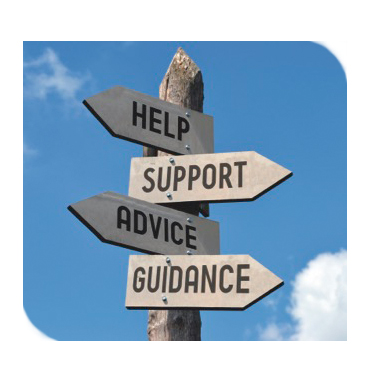 This article discusses the value of mentoring alongside other tools for development in pharmacy, both as an addition to, and support for, your role as a manager.
This article discusses the value of mentoring alongside other tools for development in pharmacy, both as an addition to, and support for, your role as a manager.
This is not a new idea. The use of mentoring as a concept and practice to support effective learning in healthcare has its origins in the 1970s, and was formally implemented in pre-registration nursing and midwifery education in the 1980s. The history of mentoring, though, has a somewhat longer timeline. It is generally documented that the term ‘mentor’ originates from the Greek classical story The Odyssey, in which King Odyssey, in which King Odysseus called upon a trusted friend, named Mentor, to act as a guide and advisor to his young son when he left to go and fight in the Trojan Wars.

Mentoring and coaching are often spoken of together, and there is a lot of overlap between these two approaches to development. However, mentoring is a distinct activity that has become a widespread development tool. We all know of famous mentoring relationships. Ian Botham, for example, was mentored by Brian Close, Kevin Keegan by the great Bill Shankly. Even Hollywood can’t help getting in on the act with Luke Skywalker being mentored by Obi-Wan Ben Kenobi in Star Wars, and Harry Potter had a mentor in the form of Professor Dumbledore.
There are many business mentoring relationships, notably Chris Gent and Arun Sarin at Vodafone, as well as numerous examples from politics and other fields. This often leads to the popular belief that mentoring can only be carried out by the best in the field. But, to paraphrase David Clutterbuck, who has written extensively on mentoring, anyone can be a mentor if they have something to pass on and the skills, time and commitment to do it.
